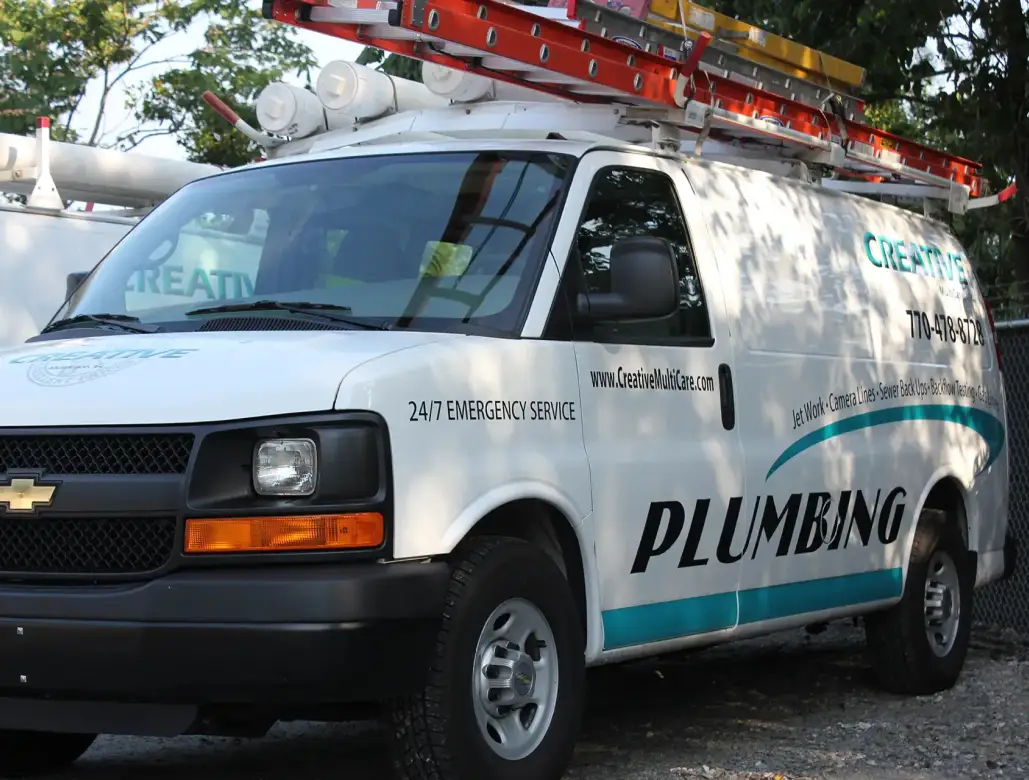Fueled by advances in technology, fraud is an escalating threat to fleet managers, especially those depending on fleet cards. Keep reading to learn more about the different types of fraud that fleets are commonly exposed to, and see our five top tips to protect your fleet against fraud.
Common Types of Fleet Fraud
At Car IQ, we frequently use the terms “outright fraud” and “friendly fraud” to differentiate the types of fraud. Although these terms are more commonly associated with payment systems, they’re incredibly relevant in the fleet industry given the ubiquity of fleet cards.
- Outright fraud: This involves deliberate and malicious intent to deceive or commit fraud. Imagine an employee using their fleet card to fuel someone else’s car, or fraudsters using skimmers, electronic devices that attach to credit card readers, to steal the cardholder’s credentials. The information is then used to create counterfeit cards that can be used for unauthorized purchases.
- Friendly fraud: Arising from genuine transactions, friendly fraud typically does not involve stolen information. This may look like an employee claiming that their fleet card doesn’t work at the pump, so they go inside the store to pay for gas and purchase additional, unauthorized items.
The Consequences of Fleet Fraud
Fleet fraud can have several consequences for businesses. Unauthorized purchases and fuel theft can lead to significant monetary losses. Industry metrics suggest that nearly 6-8% of a business’s monthly fuel expenses are due to fraud. However, data from Car IQ suggests that this number is much closer to 12-15%. Fraud can also drive increased operating costs from misused resources and inefficiencies, as well as a loss of trust and reputation. A business that frequently falls victim to fraud may be perceived as lacking adequate oversight, eroding trust among customers and partners, and perhaps even encouraging employees to exploit the gaps.
This is why it’s essential to have systems in place that can help detect and prevent both outright and friendly fraud. Proper training, purchase controls, and advanced software solutions can be instrumental in mitigating these risks.
5 Tips to Protect Your Fleet Against Fraud
Fortunately, there are actionable steps you can take to protect your fleet against fraud:
- Educate your employees: Regularly train your employees, with managers outlining what qualifies as authorized purchases vs. unauthorized purchases, as well as emphasizing the importance of fraud prevention and the types of fraud risks associated with fleet operations.
- Maintain accurate and comprehensive records: Detailed records can help in detecting irregularities and can also provide evidence in case of any legal disputes.
- Conduct regular audits: Review your mileage reports, maintenance expenses, and other fleet-related costs regularly. Look for discrepancies or patterns that might indicate fraudulent activity.
- Set up purchase controls: Establish clear cut limits on fleet buys. See whether your current fleet management system allows you to set limits on product quantities, timings, and location.
- Consider alternative fleet management methods: Is your fleet relying on credit cards? Fuel cards are top targets for external fraud and internal misuse, requiring everyone from fleet card providers and managers to the drivers themselves to remain constantly vigilant. Fortunately, there are alternative solutions that make it easy for drivers to pay for authorized expenses and fleet managers to track expenses and generate reports.
Unhappy using fleet cards? See our top 4 reasons to keep your fleets credit card free.













